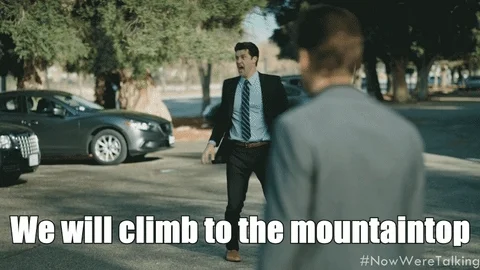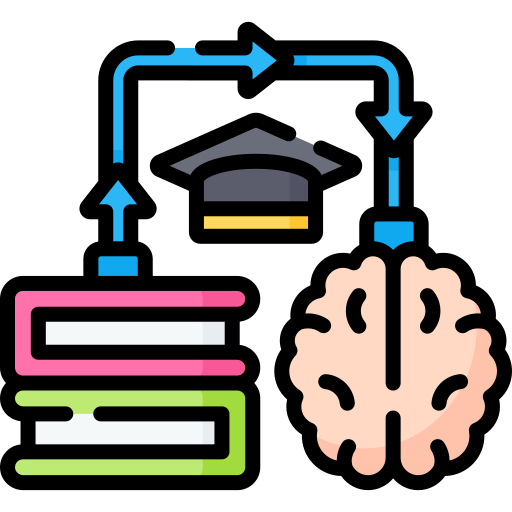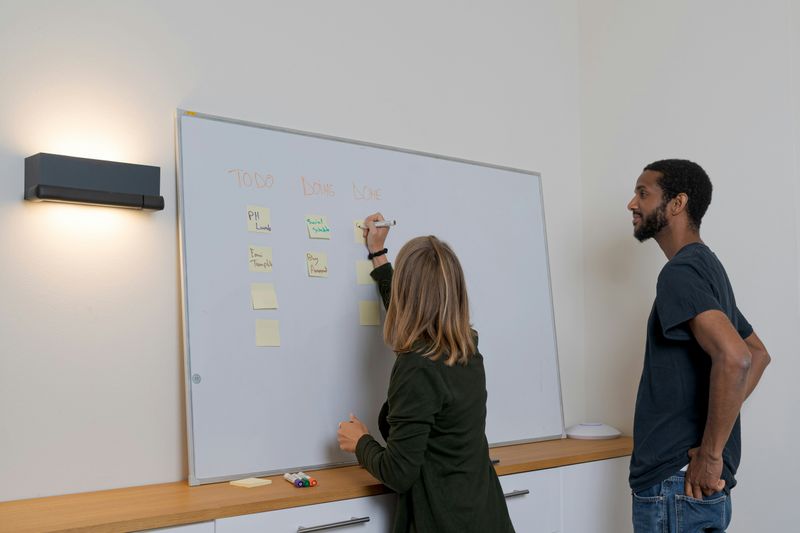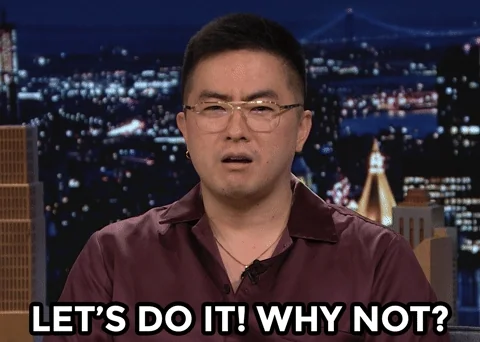Do you ever freeze up when making a decision on your own?
You're not alone if you also struggle to make decisions independently.
For me, choosing a university program was one of my biggest challenges — I had to decide between what I loved and what seemed practical. In the end, I made the decision on my own and learned that I value long-term happiness more than short-term security with an uncertain future.
With the skill of independent decision-making, you can grow into a more confident and capable version of yourself. Let’s see how it helps!

Why Develop Independent Decision-Making Skills?

Here’s how independent decision-making skills can help you:
Better outcomes: Making thoughtful decisions helps you achieve goals in your career, relationships, and personal life more effectively.
Saves time & energy: Clear decision-making cuts down delays and confusion, allowing you to act efficiently and stay focused.
Manages risks: Good decisions help you assess challenges, avoid pitfalls, and take smarter, calculated risks.
Builds leadership: Confident decision-making earns others’ trust and helps you lead teams with clarity and direction.
Grows your confidence: Every independent choice strengthens your judgment and belief in your own abilities.
How to Make Smart Decisions: The DARE Model
The DARE (Define, Assess, Respond, and Evaluate) Model guides people to make independent decisions by helping them pause, explore options, and consider consequences before taking action.
 Photo by airfocus on Unsplash
Photo by airfocus on UnsplashDefine: Describe the exact problem or situation. 🎯
Set your goal. Be specific.
My Example: Should I spend four years studying something I love, or choose a program for better job prospects?
Assess: Identify all possible solutions. ⚖️
Identify key factors that may be affected.
Gather and analyze reliable information (e.g., Google, books, trusted people).
Compare and weigh the pros and cons of each option.
My Example: I considered program futures, my personal interests, and long-term impact. Information and advice came from guidance counselors, school websites, Google, and LinkedIn.
Respond: Make your choice and act. ✅
Pick the best option based on your assessment.
Take action with confidence.
My Example: I chose the program I was passionate about. Four years is a long time — I didn’t want to feel stuck in something I didn’t enjoy, even if it paid more.
Evaluate: Reflect on the outcome.🧠
Did it work well?
What would you do differently next time?
Reflection helps you grow and prepare for future decisions. 💭
My Example: Looking back, I made the right call. With today’s tough job market, I know I would’ve struggled even more if I’d been stuck doing something I didn’t like — and still couldn’t find a job.
Quiz
What does it mean to make a decision independently?
Case Study: Choose an Apartment
Background: Picture yourself choosing between two different apartments.
Apartment 1 🏠
Affordable 💰
Far from work 📍
Apartment 2 🏢
Expensive 💰
Close to work 📍
Check out how decision-making strategies can help you choose:
Quiz
You want to choose an apartment to avoid being late for work, but you also have a limited budget. What variables are you focusing on? Select all that apply:
Two More Tips to Boost Your Decision-Making Skills
These two methods can activate your brain and promote new ways of thinking:
The 2-Minute Diversion 💡
Engage in a moderately difficult activity to reset your mind, — for example, mobile games or math problems.
Benefit: Unconscious processing of the decision improves insight and decision-making, according to brain imaging research.
Think in Third Person 📦
Step outside and imagine you're an advisor giving advice to a friend.
Benefit: This approach helps you make more objective and rational decisions by reducing emotional bias.
Take Action

By developing your decision-making skills, you’re discovering just how capable and confident you can be. Here’s to finding out what can help you make better decisions next time!
Your feedback matters to us.
This Byte helped me better understand the topic.
